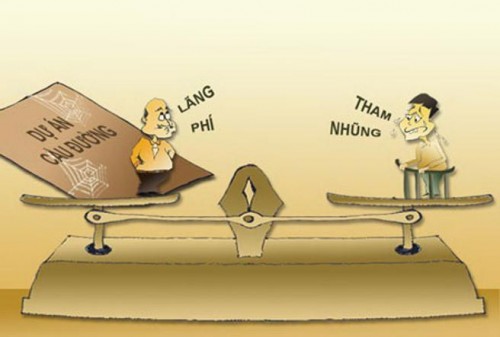What should you do if all common properties of husband and wife are distrained by an enforcement officer to enforce a court’s judgment or decision on the liabilities of husband or wife?
Answer: SBLAW would like to advise as follows:
According to clause 2 Article 24 Decree No. 62/2015/ND-CP dated 18/07/2016, for property under the joint ownership of spouses, the enforcement officer shall determine the wife’s share and the husband’s share in accordance with marriage and family laws then inform them.
For property or land use right under the joint ownership of a household, the enforcement officer shall determine each member’s share at the time such ownership is established or the time land is allocated, leased by the State, or the time the land use right is certified by the State. The notify shall notify the household members of their share.
Thus, the obligations about identifying the husband or wife’s share in the distrained property for enforcement of responsibility of wife or husband belong to the enforcement officer.
In case the enforcement officer wrongly determines the share of husband or wife in the common properties, the husband or wife whose property ownership is infringed has the right to initiate a lawsuit to request the court to divide the common property within 30 days.
Decree No 62/2015/ND-CP regulate specifically as follow:
“A spouse or household member does not concur with the enforcement officer’s decision is entitled to request a court to divide the shared property within 30 days from the day on which he/she is informed. If no lawsuit is filed within the said 30-day period, the enforcement officer shall seize judgment debtor’s share of property”.
In addition, the husband and wife in this situation may carry out the complaint procedure against the Chief of the judgment enforcement agency or the enforcement officer if they suppose that the mentioned-above decision or action of property distraint is illegal.
Statute of limitations for lodging complaints about decisions or acts of heads of civil judgment enforcement agencies or enforcers are as follows:
a/ Fifteen days after receiving decisions or knowing acts, for judgment enforcement decisions or acts before the application of security or coercive measures;
b/ Three working days after receiving decisions, for decisions on application of the measure of blockading accounts.
Ten days after receiving decisions on or knowing acts of application of other security measures;
c/ Thirty days after receiving decisions on or knowing acts of application of coercive measures;
d/ Thirty days after receiving decisions or knowing acts after application of coercive measures.
During the time of statute of limitations, the complainant performs complaint procedures under the method as follow:
- Sending written complaints to agencies with complaint-settling competence. Such a written complaint must clearly state the date of complaint; full name and address of the complainant; full name and address of the complained person; complaining contents, the reason for complaint, and request for settlement. Written complaints must be signed or fingerprinted by complainants.
- Orally presenting complaint contents at agencies with complaint-settling competence. Persons responsible for receiving complaints shall guide complainants in writing down their complaints or record presented complaint contents under Clause 1 of this Article, and have these documents signed or fingerprinted by complainants.
Thus, in the case that the entire common properties of husband and wife are distrained by the enforcement officer to enforce husband or wife’s obligations, the remaining spouse has the right to initiate a lawsuit to the competent court or file a complaint against the Chief of Judgment enforcement agency or the directly responsible enforcement officer.














